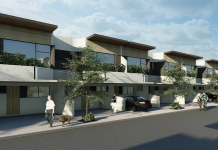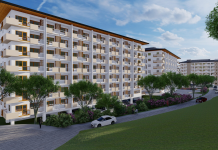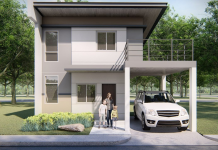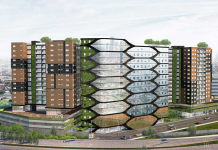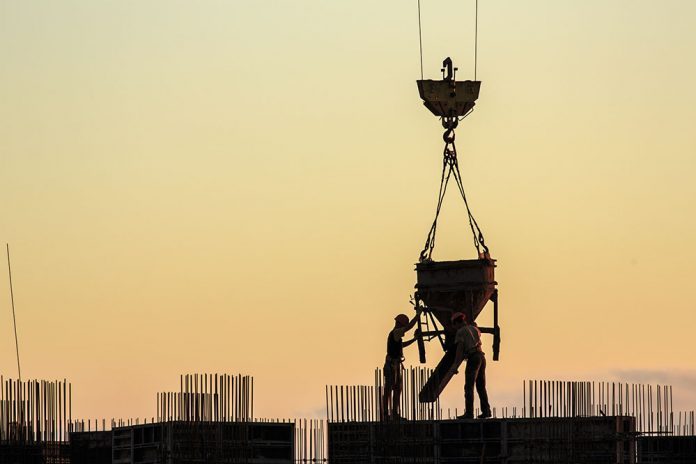
Developers are enticed to build social housing with tax breaks.
Recent news has revealed that the Philippines is attempting to tackle their chronic housing shortage. Developers of social housing will be awarded with tax incentives thanks to an agreement between the Bureau of Internal Revenue (BIR) with the Housing and Urban Development Coordinating Council (HUDCC) and the National Housing Authority (NHA).
The demand for low-cost housing in the Philippines is extremely high. Figures suggest that there is approximately a 5.7 million unit gap in the amount of housing needed, a number that increases by 100,000 units every year. On top of this, it is estimated by the National Capital Region that as much as 35 percent of the Philippines population live in severely overcrowded conditions. This illustrates a very clear need for more social housing to be built of all types.
The new process are aimed to streamline and permit the quicker erection of social housing. Tax exemption will be awarded for the transfer of raw land from the NHA, the NHA will vet all developers for the BIR and the HUDCC will be responsible for managing the list of all projects that qualify for exemption.
Whilst much of the money in the property world is made from private residential developments, it is hoped that this easing will encourage more developers to go down the social housing path. However, with residential values increasing in excess of nine percent every year in the Philippines, the profit margins for private housing are too lucrative for developers to ignore. The real estate industry plays a huge role in the country from employing people to every stage of design and construction of the property, to pumping more money into the economy.
There are indications that developers may be drawn to the lower cost housing route as it is thought that the prime market is saturated with many units left empty. There is clearly a need to house the population who cannot afford to climb onto the property ladder, but the BIR, NHA and HUDCC will need to continually keep on top of and keep developers chomping at the bit to achieve this.




